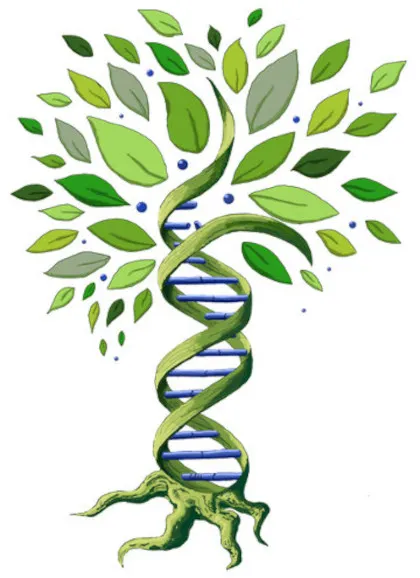Identifying the Tree of the Knowledge of Good and Evil

Identifying the Tree of the Knowledge of Good and Evil
In Genesis chapter 2, there are two trees mentioned which Yahweh did not plant into the ground, but which were “in the midst” of the garden. These trees are actually distinguished from literal trees, where we read in verse 9: “And out of the ground made the LORD God to grow every tree that is pleasant to the sight, and good for food; the tree of life also in the midst of the garden, and the tree of knowledge of good and evil.” So we have all the other trees which had been purposely planted “into the ground”, but these two particular trees are merely present, and not planted in that same manner.
Perhaps the first clue to identifying these trees is found in Ezekiel chapter 31, where we see nations of men described as trees and the Word of Yahweh says “3 Behold, the Assyrian was a cedar in Lebanon with fair branches, and with a shadowing shroud, and of an high stature; and his top was among the thick boughs. 4 The waters made him great, the deep set him up on high with her rivers running round about his plants, and sent out her little rivers unto all the trees of the field. 5 Therefore his height was exalted above all the trees of the field, and his boughs were multiplied, and his branches became long because of the multitude of waters, when he shot forth. 6 All the fowls of heaven made their nests in his boughs, and under his branches did all the beasts of the field bring forth their young, and under his shadow dwelt all great nations. 7 Thus was he fair in his greatness, in the length of his branches: for his root was by great waters. 8 The cedars in the garden of God could not hide him: the fir trees were not like his boughs, and the chestnut trees were not like his branches; nor any tree in the garden of God was like unto him in his beauty.”






 Please click here for our mailing list sign-up page.
Please click here for our mailing list sign-up page.







